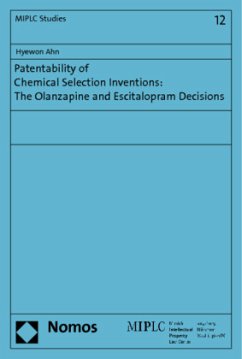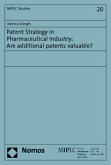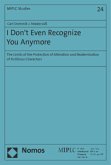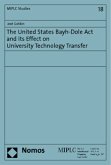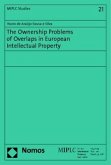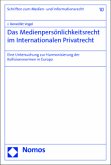The thesis is a response to the recent decisions of the German Federal Court of Justice on the patentability requirements of selection inventions, namely, the Olanzapine and Escitalopram decisions. This thesis provides an overview on the technology and patenting practice, followed by the discussion of jurisprudence on the patentability requirements for selection inventions in major jurisdictions. In particular, the paper examines the novelty and the non-obviousness requirements. As the discussion on the anticipation and obviousness is more contentious in selection inventions, this discusses the issues in view of the two decisions. Post grant impact of selection inventions and their meanings to the system of patent are explored, and some comparative perspectives on selection inventions are discussed. In conclusion, by exploring the significance of granting patents on selection invention to the working of patent system, this paper aims to provide a useful analysis in understandingpatentability requirements thereof, beyond the pharmaceutical industry sector.The author researches on improvement patents in the field of pharmaceutical industry at the Max-Planck Institute in Munich.
Bitte wählen Sie Ihr Anliegen aus.
Rechnungen
Retourenschein anfordern
Bestellstatus
Storno

